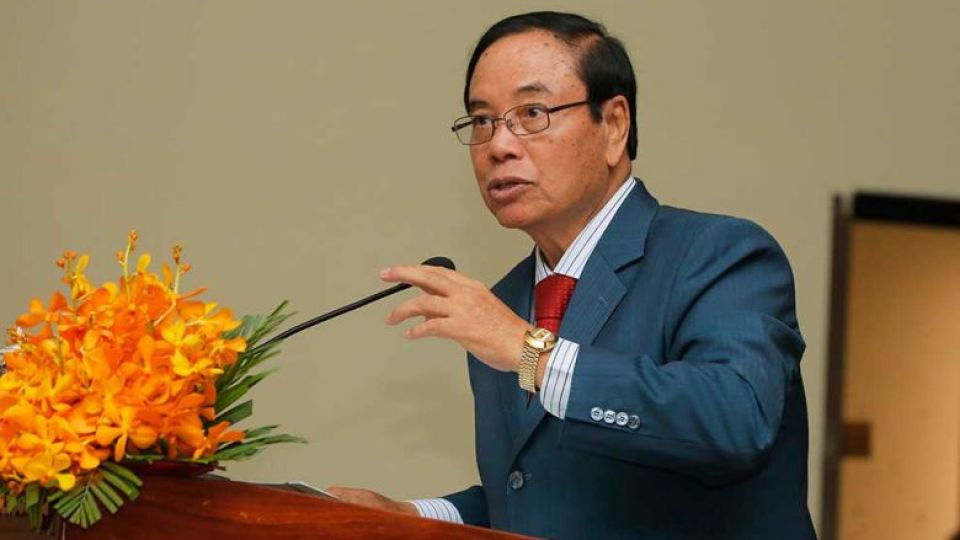January 21, 2022
PHNOM PENH – A senior official reiterated that no one could ever break the “ironclad” friendship between Cambodia and China, as the bond has gone through many trials and difficulties in history, while in recent years the two countries have also strengthened their cooperation in all sectors.
Bin Chhin, the minister in charge of the Office of the Council of Ministers, made the remarks during the second dialogue on the exchange and understanding of civilisation between China and Cambodia on January 10.
“As close partners, Cambodia and China have established and maintained an unbreakable ironclad bond that has gone through many trials and difficulties throughout history.”
“The strong relations between the people of our two countries form a solid basis for the continued development of friendly cooperation between Cambodia and China. In recent years, Cambodia-China cooperation has been strengthened in all sectors,” he said.
Chhin, who also serves as permanent deputy prime minister, reminded attendees that Cambodia and China had a long history of relations. The two nations have similar cultures and civilisations, and have had friendly communications with each other for more than 1,000 years.
He cited raised carvings on the walls of the Bayon temple which depicted vivid aspects of communications between Chinese businessmen and Cambodians in ancient times as evidence. Since 1958, Cambodia and China have been “good brothers, good neighbours and good partners”. Cambodia and China have always supported each other and cooperated well, he added.
Chhin quoted an ancient Chinese poem as saying: “Mountains, though far apart, are beautiful under the same drops of rain, and can we truly be far apart if we receive the same moonlight?”
He likened the poem to “the same way that the Cambodian people always say that we must share our destinies together, because we live under the same sky, absorb oxygen from the same air and drink water from the Mekong River”.
As the Winter Olympics in Beijing approach, Chhin added that Cambodia has been defending the Games spirit, maintaining the purity of its movement, supporting unity and friendship, and opposing separatist movements and anti-Olympic tendencies.
“We will continue to oppose all forms of the politicising of the Olympics and sports, and we look forward to the full success of the Winter Olympics,” he said.
Chhin also elaborated on the principle of democracy, saying that no country has a monopoly on the criteria of democracy and cannot restrict any nation’s right to seek and choose its own democratic model.
To judge whether a country is democratic or not should be made by the people of that country, not by a handful of people outside of it, he said.
Heng Kimkong, a PhD candidate at the University of Queensland and a visiting senior research fellow at the Cambodia Development Centre, told The Post on January 20 that it was not a bad thing that Cambodia has established strong relations with China, particularly in the context of its growing influence.
“However, at the same time, Cambodia needs to ensure that its close alignment with China will not affect its ties with other countries in the region or key players in the Indo-Pacific such as Japan and the US,” he said.


